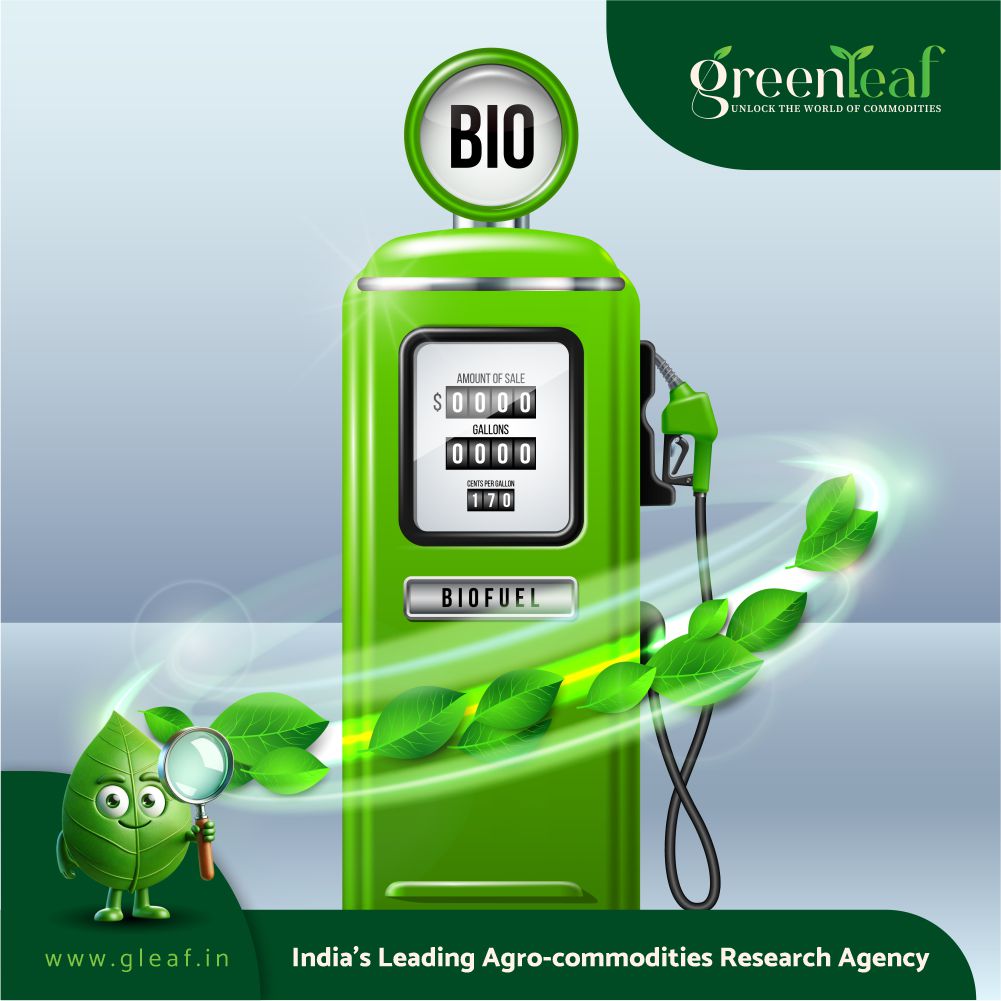The biofuel sector is at a pivotal juncture where sustainable development, energy security, and climate action intersect. The F-T-P (Feedstock-Technology-Product) approach provides a structured framework for embedding biofuels into industries like sugar, paving the way for a green economy. This strategy, when aligned with India’s National Policy on Biofuels 2018, can help transform the sugar industry into an engine of sustainable growth.
As an expert in biofuels, I believe this approach is not just a policy vision but a necessary paradigm for fostering innovation, sustainability, and economic resilience.
Feedstock: Leveraging diversity
India’s agricultural abundance positions it as a natural leader in biofuel production, but this potential must be harnessed with precision. The F-T-P approach’s classification of feedstocks into three generations is crucial for achieving scalability and sustainability:
1G (First-Generation Feedstocks) These include molasses, sugarcane syrup, and surplus grains. While easily accessible, they must be managed carefully to avoid competition with food security. For example, sugarcane-derived molasses has long been a staple for ethanol production, yet balancing its use between fuel and food industries remains critical.
2G (Second-Generation Feedstocks) Leveraging agricultural residues like bagasse, rice straw, and wheat straw offers a sustainable alternative. The Ministry of New and Renewable Energy (MNRE) has rightly focused on promoting research into 2G ethanol technologies. India’s sugar mills, with their vast bagasse by-products, are uniquely positioned to drive this forward.
3G (Third-Generation Feedstocks) Algal biofuels represent the future, requiring minimal arable land and offering high yields. Although still at an experimental stage, the National Mission on Algal Biofuels showcases India’s commitment to pioneering this technology.
















